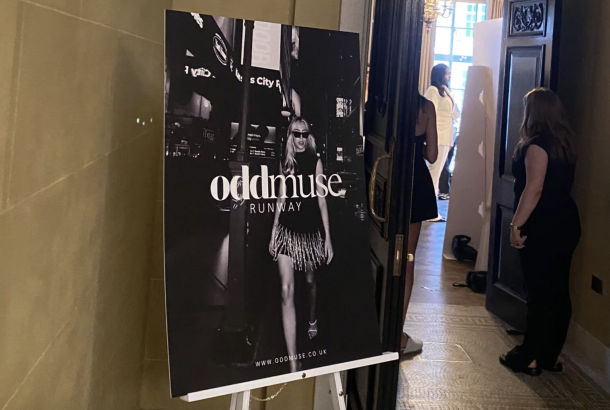The future of fashion week
We are now heading into full fashion week swing—New York Fashion Week (NYFW) is just behind us, London is still tinkering on, while Milan and Paris are still to come. These four fashion capitals have instilled the running of the world’s fashion industry into a biannual catwalk show divided into seasonal collections; Spring/Summer and Autumn/Winter.
However, in recent years this format has become outdated. With the advent of online shopping and social media, the see-now-buy-now movement has grown hugely. The traditional fashion week is aimed at the press and buyers who have the opportunity to see a designer’s collection six months before its eventual sale, deciding which pieces they believe will suit their customers. But the internet has allowed potential customers to voice their reaction alongside the show, and in six months time when it is available to purchase, customers have lost interest.
Big names including Burberry and Tom Ford have completely disregarded this system; Tom Ford has recently cancelled his NYFW show in February, in favour of one A/W collection in September, so customers can buy when the clothes are relevant. Henry Holland has designed special rings with Visa, enabling customers to buy the pieces off the catwalk with their jewellery—embracing technology in fashion and modern, fast-paced consumer habits.
Fashion weeks in their current layout are clearly going to change but they are unlikely to disappear. They drum up a huge amount of interest and money for the designers, retailers, press, and cities involved. One consideration recently reported in Vogue is changing fashion week into an event for the customers, more similar to how couture week is established—aiming to elevate certain clients and encourage more ‘of the moment’ purchases.
Fashion has always managed to retain its position as an elite industry that takes pride in its artistry, and thus isn’t as business-oriented. These new steps clearly highlight the influence of business that is gradually infiltrating the fashion world, as they are moves to prioritise the customer over the press. But never fear; fashion week is the ultimate press stunt. So the press, designer, retailer, and customer will continue to enjoy it together.







